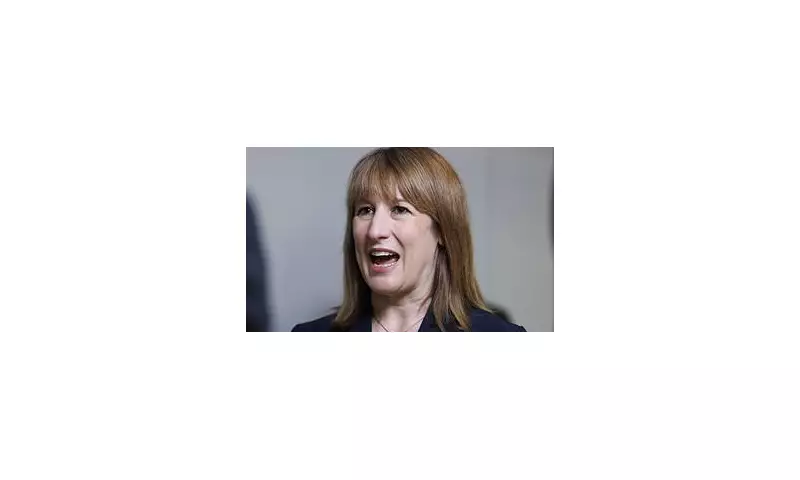
In a landmark address that set the tone for the new Labour government's economic strategy, Chancellor Rachel Reeves has firmly shut the door on hikes to the UK's biggest revenue-raising taxes. Speaking at an event hosted by the respected Institute for Fiscal Studies (IFS), Reeves committed to no increases in Income Tax, National Insurance, or VAT for the duration of the current Parliament.
A Pledge of Stability Amid Fiscal Challenges
The Chancellor's announcement provides immediate clarity to households and businesses, aiming to foster economic stability. However, Reeves was equally candid about the immense challenges inherited from the previous administration, describing the state of public finances as the worst since the Second World War.
'The legacy we have been left with is truly dire,' she stated, emphasising that the books left by the Conservatives were 'not fit for purpose.' This grim assessment sets the stage for what the Chancellor termed 'tough choices' in the upcoming Spending Review.
The Shadow of 'Unfunded Commitments'
A significant portion of the speech was dedicated to criticising the fiscal plans of the former government. Reeves accused the Conservatives of leaving behind a trail of 'unfunded commitments' totalling a staggering £58 billion. This figure, she argued, represents promises made without any clear plan for financing them, creating a substantial hole in the nation's budget.
This context, she explained, is why the government must take a disciplined approach to public spending. The upcoming review will involve difficult decisions to ensure that government expenditure is both sustainable and focused on delivering economic growth.
What's Next for UK Finances?
With the major tax levers effectively taken off the table, the government's strategy will now pivot towards:
- A comprehensive Spending Review to re-evaluate all departmental budgets.
- A focus on stimulating economic growth as the primary means of increasing revenue.
- Potential reforms to other areas of the tax system, such as capital gains or wealth taxes, though these were not explicitly outlined.
- Scrutinising the 'unfunded commitments' to determine which can be realistically delivered.
While ruling out the most direct forms of taxation on workers and consumption, Reeves's speech leaves open the possibility of other fiscal measures. The overriding message from her first major fiscal intervention is one of restraint and responsibility, signalling a cautious approach to managing the economy while honouring a key manifesto pledge to protect working people from immediate tax rises.





